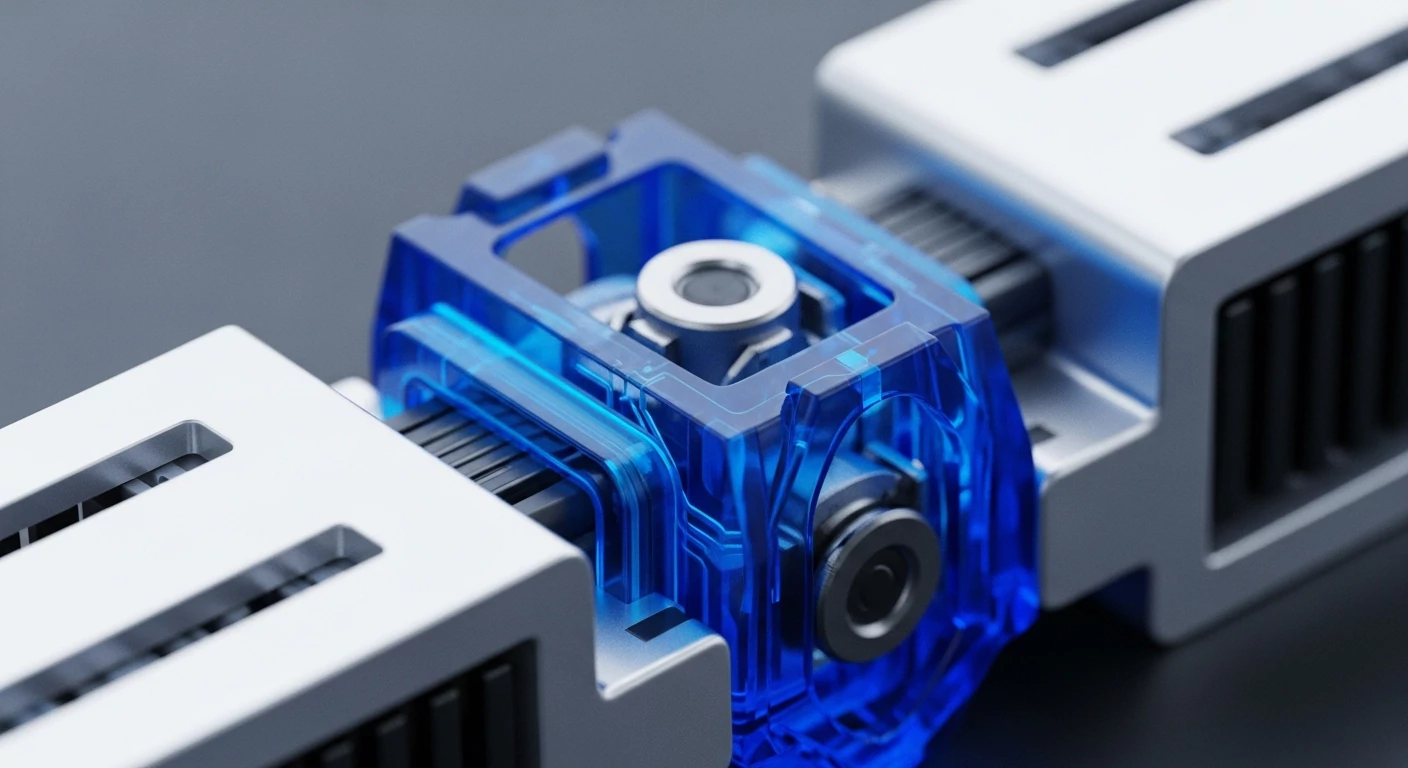Mellow LRT Launches Modular Restaking on Symbiotic Capturing $116 Million TVL


The new modular LRT primitive unbundles restaking risk via permissionless vaults, directly challenging the monolithic EigenLayer security model.
Accountable Threshold Signatures Achieve Proactive Security with Key Refresh


Accountable Threshold Signatures with Proactive Refresh combine signer traceability with periodic key share updates, mitigating long-term key compromise risk for financial systems.
Ika Launches Dwallet Primitive for Secure Multi-Chain Asset Interoperability


Ika's parallel MPC dWallet establishes a zero-trust primitive, unlocking multi-trillion dollar asset flows for the Sui DeFi ecosystem.
Bitlayer Launches BitVM Bridge Mainnet Unlocking Trust-Minimized Bitcoin DeFi


The trust-minimized BitVM Bridge transforms inert Bitcoin into composable DeFi collateral, establishing a new primitive for BTCFi capital efficiency.
Threshold Cryptography Enables Secure, Convenient Digital Wallets without Compromise


Threshold cryptography fundamentally redefines digital asset security by distributing key fragments, enabling seamless user experiences and eliminating single points of failure.
2PC-MPC: Massively Decentralized Zero-Trust Interoperability for Blockchains


Introducing 2PC-MPC, a novel cryptographic primitive for massively decentralized, zero-trust interoperability, enabling secure and scalable cross-chain asset management.
